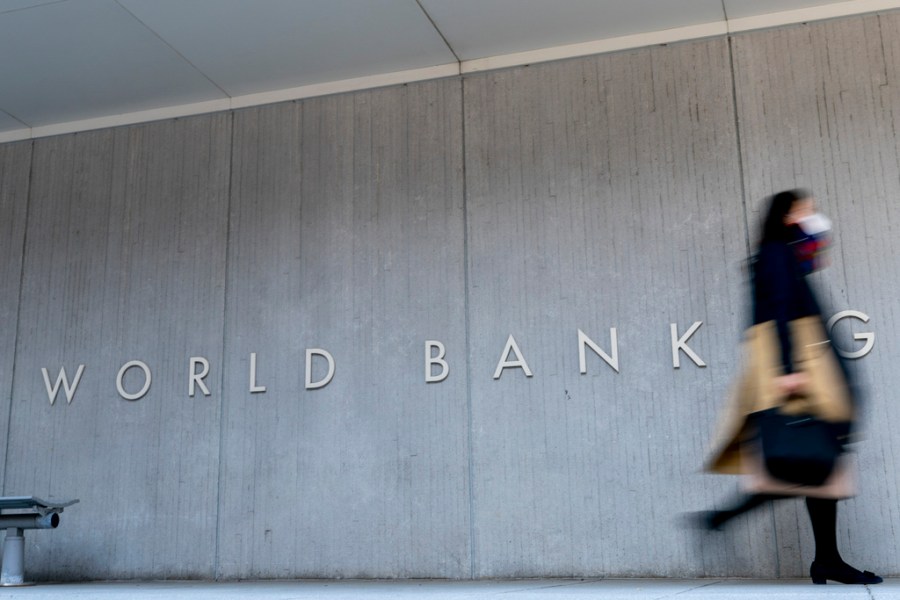Project 2025’s World Bank Plan: Potential Impacts and Controversies
Project 2025, a conservative policy blueprint for a potential Republican administration, has proposed withdrawing the United States from the World Bank and other international financial institutions. This proposal has sparked debate about its potential consequences for both global development efforts and America’s international influence.
Key Points
Project 2025 calls for the U.S. to withdraw from the World Bank and International Monetary Fund (IMF).
The U.S. is currently the largest shareholder in the World Bank Group.
Critics argue this move could undermine global development efforts and U.S. influence.
Supporters claim these institutions promote policies contrary to American principles.
Potential Impacts
Global Development
The World Bank plays a crucial role in addressing international development challenges. U.S. withdrawal could:
Reduce funding for development projects in poor countries.
Weaken efforts to combat climate change and promote clean energy.
Diminish support for the International Development Association (IDA), which provides concessional financing to the world’s poorest countries.
U.S. Influence
As the largest shareholder, the U.S. has significant influence over the World Bank’s priorities. Withdrawal could:
Decrease America’s ability to shape global development agendas.
Potentially create a vacuum for other nations to fill, possibly altering the institution’s focus and values.
Economic and Diplomatic Considerations
The proposal raises questions about:
The impact on U.S. economic interests globally.
Potential shifts in diplomatic relationships, especially with developing nations.
The future of international cooperation on economic issues.
Background and Context
The World Bank was established in 1944, with the United States playing a leading role in its creation. It has been a key instrument of U.S. foreign policy and global influence for decades. The bank’s mission includes reducing poverty and promoting sustainable development worldwide. Project 2025’s proposal is part of a broader conservative critique of international institutions. It argues that these organizations promote policies “inimical to American principles of free market and limited government.”
Different Perspectives
Conservative View
Proponents of withdrawal argue that:
The World Bank and IMF promote economic theories contrary to American principles.
U.S. resources could be better used through direct bilateral aid or domestic programs.
Liberal and Moderate View
Critics of the proposal contend that:
Withdrawal would diminish U.S. global leadership and influence.
It could harm efforts to address global challenges like poverty and climate change.
The move might create opportunities for other nations, such as China, to increase their global influence.
Conclusion
The proposal to withdraw from the World Bank represents a significant shift in U.S. foreign policy approach. While supporters argue it aligns with certain American principles, critics warn of potential negative consequences for both global development and U.S. interests. The debate highlights broader questions about America’s role in international institutions and global affairs. As this topic continues to evolve, it will be important to monitor developments and assess potential impacts on global economic cooperation, development efforts, and America’s international standing.









